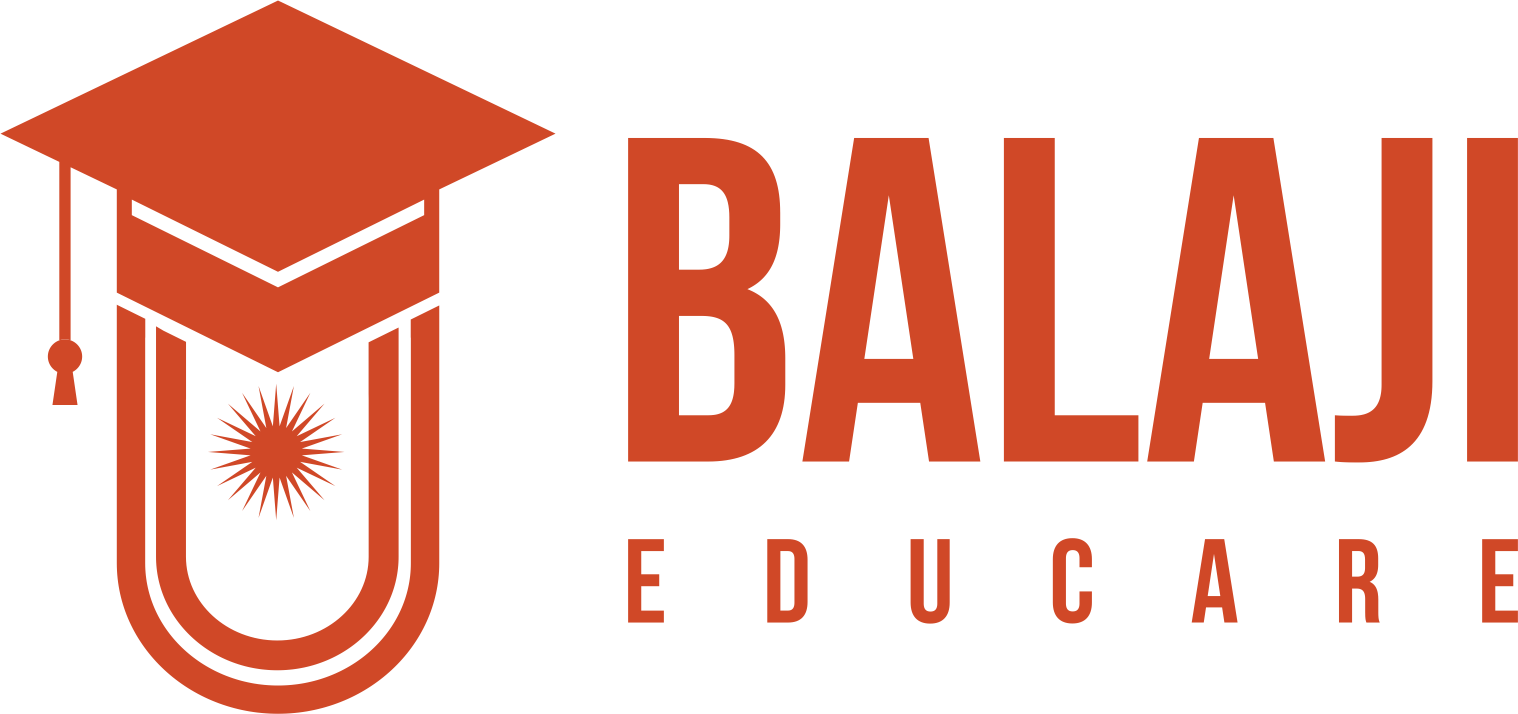CA Foundation: Complete Exam Preparation Guide for Beginners
For individuals preparing for a professional career in finance or accounting, the CA Foundation exam serves as the first major milestone on the journey to becoming a Chartered Accountant in India. Whether a student is in Class 12 or a fresh aspirant to the accounting field, clearing the exam with the right guidance and approach can pave the way for a successful and rewarding career.
This comprehensive and approachable guide provides everything a beginner needs to know—covering syllabus, eligibility, tips, and preparation strategies—for confident and effective exam preparation.

What Is the CA Foundation Exam?
The CA Foundation is the entry-level exam administered by the Institute of Chartered Accountants of India (ICAI) under its Chartered Accountancy program. It evaluates a candidate’s understanding of fundamental concepts in accounting, mathematics, business law, and economics.
Successfully passing the CA Foundation allows a candidate to register for the CA Intermediate level, bringing them closer to achieving the prestigious Chartered Accountant designation. Typically, students attempt the exam after completing Class 12.
Eligibility & Registration Process
To be eligible for the CA Foundation, candidates must:
- Have completed Class 10 to register
- Have passed Class 12 to appear for the exam
- Register with ICAI at least four months prior to the exam month
Registration Process:
- Visit the ICAI official website
- Complete the online CA Foundation registration form
- Upload the necessary documents
- Make the required registration fee payment
After successful registration, ICAI provides the student with study materials and online learning resources.
Topic Wise Weightage
Check the tables below to grasp the key topics and their importance in the syllabus under the new ICAI education and training scheme. The tables outline the weights assigned to each topic across the four papers, providing a clear overview of the curriculum structure.
Paper 1: Accounting (Marks: 100)
Preparing for the CA Foundation Accounting exam requires focusing on chapters based on their marks weightage. Check the breakdown below to help you prioritize and strategize your study plan effectively.
CA Foundation Accounting Topics Weightage
| Chapters | Marks Weightage |
| Theoretical Framework | 5%-10% |
| Accounting Process, Bank Reconciliation Statement, Inventories, Concept and Accounting of Depreciation | 25%-30% |
| Accounting for Special Transactions | 15%-20% |
| Final Accounts of Sole Proprietors, Partnership Accounts, Financial Statements of Not-for-Profit Organizations | 30%-40% |
| Introduction to Company Accounts | 10%-15% |
Paper 2: Business Laws (Marks: 100)
The CA Foundation’s second paper consists of two main parts. Section A focuses on business law, while Section B delves into correspondence and reporting.
CA Foundation Business Laws Topics Weightage
| Section | Chapters | Marks Weightage |
| Section A: Business Laws (60 Marks) | The Indian Contract Act, 1872 | 25%-30% |
| The Sale of Goods Act, 1930 | ||
| The Indian Partnership Act, 1932 | ||
| The Limited Liability Partnership Act, 2008 | ||
| The Companies Act, 2013 | ||
| Section B: Business Correspondence And Reporting (40 Marks) | Part I: Communication | 10%-15% |
| Part II: Sentence Types and Word Power, Sentence Types (Direct-Indirect, Active -Passive Speech), Vocabulary (Root Words, Synonyms, Antonyms, Prefixes, Suffixes), Phrasal verbs, Collocations, and Idioms. | 20%-30% each | |
| Part III: Comprehension Passages and Note Making, Comprehension Passages, Note Making | 20%-30% each | |
| Part IV: Developing Writing Skills, Multiple Writing Forms |
Paper 3: Quantitative Aptitude (Marks: 100)
The CA Foundation exam paper 3 is structured into three sections:
- Business Mathematics
- Logical Reasoning
- Statistics
CA Foundation Quantitative Aptitude Topics Weightage
| Part | Chapters | Marks Weightage |
| Part A: Business Mathematics (40 Marks) | Multiple Topics (e.g. Ratio, Matrices, P&C, etc.) | 20%-50% |
| Part B: Logical Reasoning (20 Marks) | Multiple Topics (e.g. Series, Blood Relations, etc.) | 30%-70% |
| Part C: Statistics (40 Marks) | Multiple Topics (e.g. Probability, Regression, etc.) | 10%-50% |
Paper 4: Business Economics (Marks: 100)
Check the table below for the weightage of topics in CA Foundation Business Economics:
CA Foundation Business Economics Topics Weightage
| Part | Chapters | Marks Weightage |
| Part I: Business Economics (60 Marks) | Intro to Business Economics, Demand & Supply, Production & Cost, Markets, Business Cycles | 15%-40% |
| Part II: Business and Commercial Knowledge (40 Marks) | Intro to Business, Business Environment, Business Organizations, Govt. Policies, Supporting Organizations, Terminologies | 15%-20% each |
Tips to Score Well in Each Subject
Achieving success in the exam requires strategic preparation across each subject:
Accounting:
- Focus on practical application by solving journal entries and ledgers
- Reinforce conceptual understanding rather than rote memorization
Business Laws:
- Break down legal concepts into flowcharts or visual notes
- Apply real-life case examples for better retention
Mathematics:
- Emphasize formula memorization and shortcut techniques
- Practice Logical Reasoning from previous exams
Economics:
- Use mind maps or infographics to simplify complex topics
- Draft summary notes for each chapter for last-minute revision
A structured approach improves clarity and performance across all sections of the CA Foundation exam.
Common Mistakes to Avoid During Preparation
Many students unknowingly make preparation mistakes that impact their scores. Here are key pitfalls to avoid during exam prep:
- Neglecting ICAI Material: ICAI’s official modules are aligned with exam standards
- Over-Reliance on Coaching: Self-study plays a vital role in success
- Ineffective Time Management: Cramming often leads to burnout and confusion
- Skipping Mock Tests: Regular testing is essential to assess readiness
- Poor Answer Presentation: Especially critical in descriptive papers
Avoiding these errors can significantly increase the chances of passing in the first attempt.
Mock Tests, Previous Papers & Revision Strategy
Consistent revision and practice play a vital role in preparation:
- Attempt mock exams every two weeks to simulate real exam conditions
- Solve past year papers to identify trends and build familiarity
- Allocate weekly time for revising previously covered topics
- Prepare brief notes and formula sheets for quick review
- Focus on weak areas highlighted by mock test performance
This cycle of preparation ensures thorough understanding and exam readiness.
Final Tips
As the exam approaches, a few final tips can make all the difference:
- Create a realistic and consistent study plan
- Take care of mental health with regular breaks and good sleep
- Leverage ICAI’s online tools and e-learning platforms
- Clarify doubts promptly to avoid gaps in understanding
- Stay informed about exam-related notifications via ICAI
Ready to Start Your CA Foundation Journey?
For aspirants seeking guidance from experienced faculty and structured coaching, Balaji Educare offers expert-led programs tailored for the CA Foundation exam. With their proven strategies and personalized mentoring, students can boost their chances of success.
Visit Balaji Educare today and begin your journey toward becoming a Chartered Accountant with confidence.

